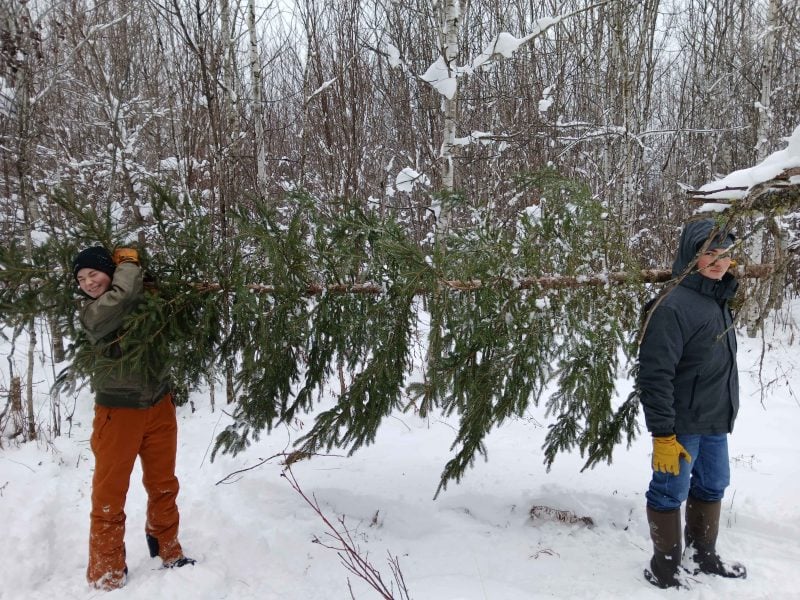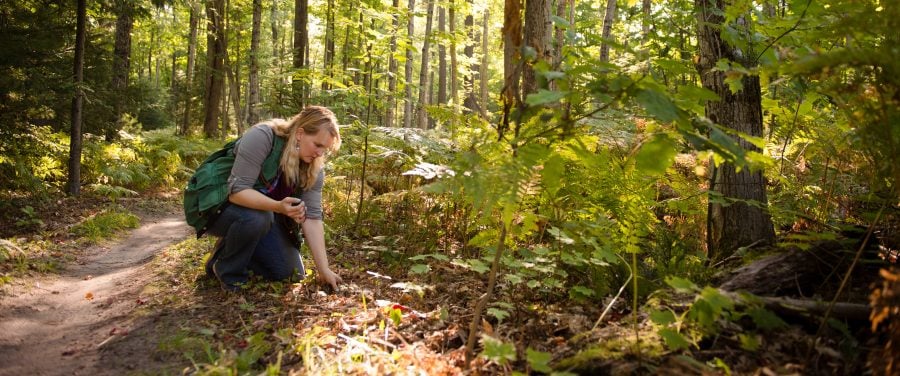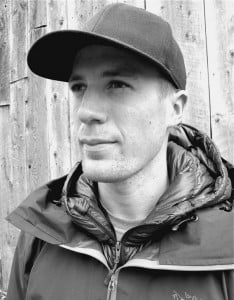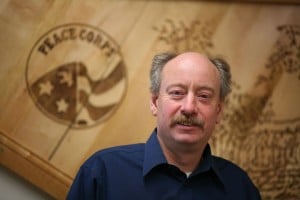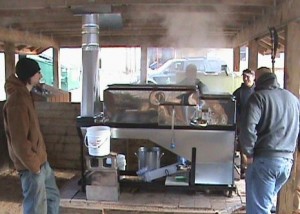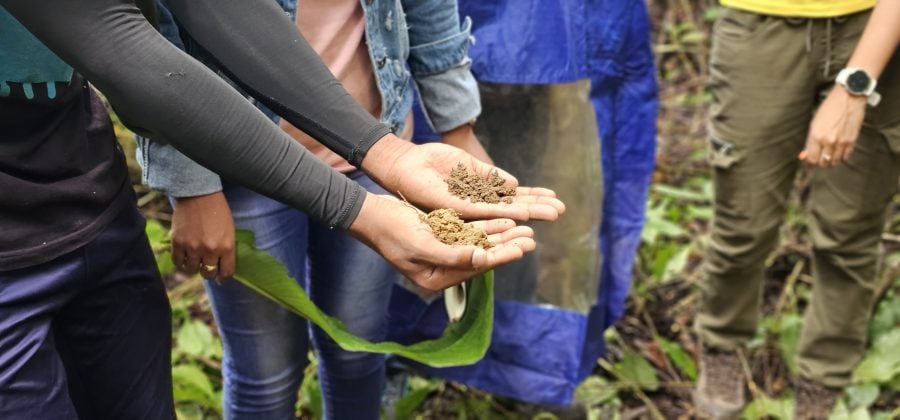
This February, Michigan Tech faculty traveled to Suriname to build connections and help train the next generation of scientists and researchers. Their trip was phase two of the U.S. Embassy-funded grant project focused on fostering sustainable development and promoting ethical research practices in the country. Suriname is also the home country for Wayne Gersie, Michigan Tech’s vice president for community engagement and professor of practice in the Department of Psychology and Human Factors in the College of Sciences and Arts.
